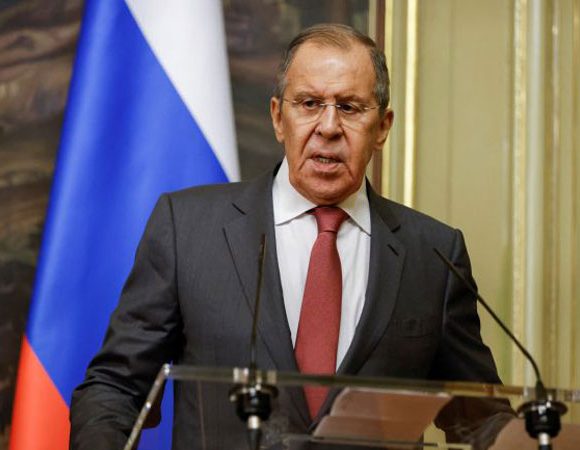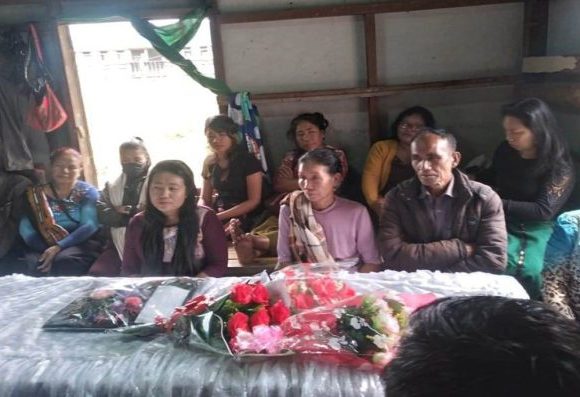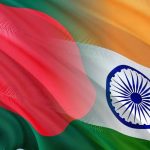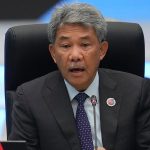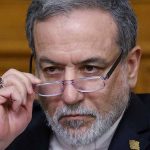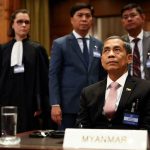Thailand to Broker Talks for ASEAN to Reengage with Myanmar Junta Leaders

Thailand will hold an informal ministerial meeting with some regional countries next week to prepare the way for the Association of Southeast Asian Nations (ASEAN) to “fully re-engage Myanmar at the leaders’ level,” according to the meeting invitation letter from the Thai Ministry of Foreign Affairs, The Irrawaddy reports.
The letter, viewed by The Irrawaddy, said informal talks will be held in Thailand on Monday.
Thailand’s outgoing Deputy Prime Minister and Foreign Affairs Minister Don Pramudwinai said in the letter that the meeting is a follow-up to “the unequivocal statement by a member nation of ASEAN” during the summit in Indonesia in May that it was time for the bloc to fully “re-engage Myanmar at the leaders’ level.”
“A number of members supported the call and some were willing [to] consider [and] there was no explicit dissenting voice,” the letter says.
Myanmar, an ASEAN member, has been a thorn in bloc’s side since the country’s military staged a coup in 2021. The takeover not only caused social and political turmoil inside the country, it also posed a threat to regional security.
Following the coup, ASEAN adopted a five-point peace plan, including a call for an immediate cessation of violence in Myanmar, but the ruling generals failed to honor the plan. In response, ASEAN has excluded Myanmar’s junta leader and its foreign minister from its summits since late 2021.
More than two years on, the regional grouping still hasn’t solved Myanmar’s crisis, despite quiet diplomacy to find a solution by its current chair, Indonesia.
The regime has already killed more than 3,600 people, most of them civilians, for rejecting military rule in Myanmar.
Thailand’s organization of informal talks on Monday has prompted fear that it may lead to regime leaders being invited to ASEAN meetings again.
Igor Blazevic, a senior adviser at the Prague Civil Society Centre, condemned Don Pramudwinai’s informal meeting on Myanmar as a rushed and unilateral decision that could seriously endanger ASEAN unity and the international consensus that the regional bloc is the main forum for dealing with, and solving, the crisis in Myanmar.
“Once the regime’s foreign minister is re-invited to [a] surrogate ASEAN meeting, [a] red line will be crossed and there will be no more ASEAN centrality in dealing with the Myanmar crisis,” he said.
The current Thai government has been accused of being too close to the regime in its neighboring country and offering only a muted response to its atrocities.
Bangkok has said it is adhering to ASEAN’s so-called non-interference policy, which prevents members of the association from interfering in the internal politics of other member states.
In December last year, Thailand arranged an informal meeting with some other ASEAN members to discuss Myanmar. Then-Myanmar Foreign Minister Wunna Maung Lwin was invited.
In March of this year, it also organized the Track 1.5 roundtable on Myanmar in Bangkok as a way of opening additional channels for dialogue among those affected by the Myanmar crisis. It was attended by members of the Myanmar junta, and representatives of ASEAN members Cambodia, Laos and Vietnam, along with representatives of China, India, Bangladesh and Japan.
A second roundtable was hosted by India in April.
Myanmar junta Foreign Minister Than Swe is expected to attend the meeting on Monday. It is not clear which other ASEAN members will join the talks.
In the invitation letter, Don Pramudwinai said the informal meeting could be part of the initial steps towards a peace process in Myanmar in line with what was suggested at the ASEAN summit in May.
“Should this informal ministerial engagement make substantial positive progress, we would like to suggest that a carpe diem back-to-back meeting of leaders be convened thereafter,” he said.


